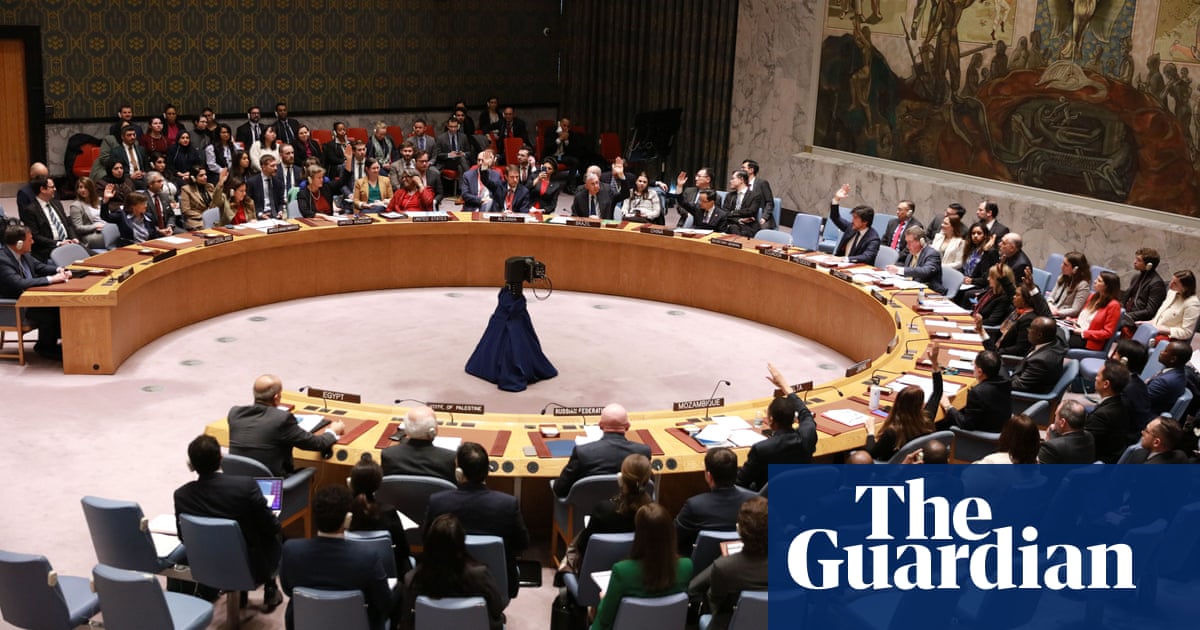
The UK has been both devastated and polarized by last week’s tragedy in the English Channel, where at least 27 lives were lost when the dinghy carrying them disintegrated in icy waters.
We are devastated because we remember the very public death of baby Alan in 2015 and the photograph of his body on a Turkish beach, which was such a vivid image of the perils facing those who flee across the Mediterranean.
That image put a human face on “the migrant,” forcing the world to confront what is not some natural, anonymous phenomenon, but the fate of a person from whom they could not turn away. Similarly, we now know the names of some of the victims who drowned in the Channel last week and something of their lives.
Maryam Nuri Hamdamin, for example, was hoping to be reunited with her fiance in Britain. Khazal Ahmed and her children, Mubin, Hadia and Hasti Rezgar, hoped to start a better life in England and to be joined by her policeman husband. Like them, most of those who died appear to be Kurds from Iraq.
But the media and conversation in the UK has been sharply polarized. There has been universal horror and sympathy for the loss of life and the circumstances in which it happened, but that is where any agreement ends.
The human desire to do something to prevent such risk to life at the hands of people-trafficking gangs is reflected in the sharply differing solutions that have been suggested. These range from opening up additional legal routes for immigration to the UK, which would supposedly end the demand for illegal and unsafe routes, to “simple” solutions such as turning boats back at sea, immediately deporting those who arrive back to France, or making arrivals in the UK under such circumstances illegal, thus denying any possibility of claiming asylum in the future — regardless of the legal and humanitarian hurdles that would have to be overcome in pursuing such policies.
However, there are more mixed commentaries on the issue than I can recall there being previously, with a greater acknowledgment of the seeming impossibility of being able to address with any success the issues either of migration, which has permeated human history, or of its constant companion, dangerous flight. Our politics does not tolerate “we do not know what to do” as a response for long, but I think that is exactly where destination countries find themselves.
There is an uneasy background to the issue in the UK. There is plenty of evidence of the nation being a welcoming destination for those who come to make their lives here; the anecdotal stories of those seeking a “better life” are not based on a fantasy but on the real experiences of families who are already here and the new lives shared and viewed on millions of phones.
The UK has historically accommodated refugees and asylum seekers but, currently, not as many as some of our European neighbors — and far, far fewer than states that border conflict zones. The number of Channel crossings has been rising sharply, but asylum applications are not at the crisis level experienced 20 years ago.
But facts tend to be swept out of the way in a time of echo chambers and political necessity, wherever you are in the world. In recent years, and today, Europe has witnessed at several border fences crowds of people who have come from countries experiencing a variety of situations, not all of them involving active conflict. These numbers do not appear likely to drop any time soon and, however many are accommodated, if the only bar to be cleared is that a “better life” is available somewhere else, the numbers seeking that will grow exponentially.
It is easy to target destination countries and claim that they must do more. In the short and medium terms, some adjustment to legal immigration routes to the UK and the EU would help ease some of the pressure, but it would be a bold advocate who claims that the creation of such routes would solve the issue permanently.
As long as you have a process to which “no” can be an answer, you have a demand for ways to get around that. Both the UK and French political systems fear challenges from the right of the political spectrum should their borders appear to be getting weaker, and are struggling with their bilateral relationship under the pressure created by this issue.
Those who are risking everything not to escape an immediate physical threat but for the promise of “something better” than what they have also tell us much about the states from which they are coming, yet fewer searching questions are being asked of these countries and their leaders. Is there some sense of inevitability about the inadequacy of governance, poor quality of life and lack of opportunities driving away some of the brightest and most determined talent?
Migration is a fact of life and will remain so. Its occasional acute crises will not be solved by exclusive concentration on either end of the chain of movement, but on the legitimate needs and concerns of people on both. Until that is recognized, we will be reading of more human misery than we would wish.
Alistair Burt is a former UK Member of Parliament who has twice held ministerial positions in the Foreign and Commonwealth Office — as Parliamentary Under Secretary of State from 2010 to 2013 and as Minister of State for the Middle East from 2017 to 2019. Twitter: @AlistairBurtUK












